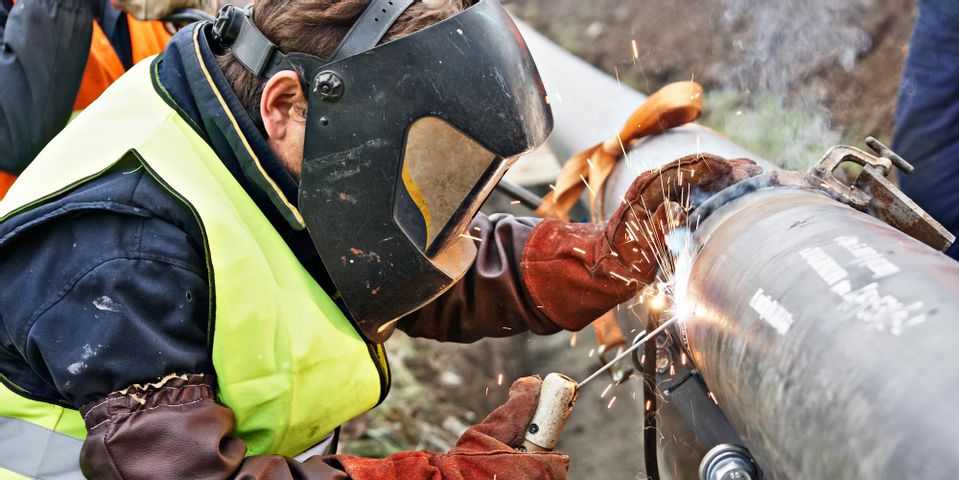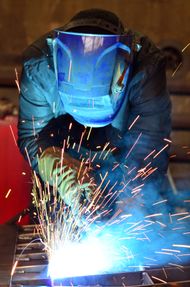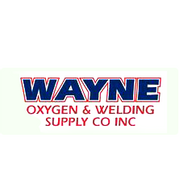4 FAQ About Welding Distortion

Welding is a metal fabrication technique used in a variety of industries. During the process, technicians must follow proper procedures to create structurally dependable and attractive results. The guide below helps fabricators avoid a common problem.
Your Weld Distortion Questions Answered
What is weld distortion?
Welding fuses materials using high heat. The metals naturally expand and contract as their temperatures fluctuate. Uneven heating and cooling can stress the weld, distorting the product. If the distortion is extreme, it can create small tears in the material.
What causes it?
 Different factors impact the way that metal reacts during welding. As the temperature rises, for example, the strength and elasticity of the base material changes.
Different factors impact the way that metal reacts during welding. As the temperature rises, for example, the strength and elasticity of the base material changes.
You should avoid “overwelding,” which can apply greater force and friction than needed, increasing the chances of shrinkage.
How can I prevent distortion?
In addition to using only the appropriate amount of metal, use jigs to prevent shrinkage due to excessive heat. These components are designed to restrain the metal, ensuring you don’t need to apply force that could shrink the surface.
Also, use as few passes as possible when you fuse materials to reduce exposure to extreme heat.
Can I fix distortion after welding?
Although it’s best to avoid it, it’s possible to repair a poor weld in some cases. Follow the flame straightening procedure to spot-treat the affected area, expanding the material and allowing it to cool down evenly. It’s also possible to fix the damage by peening it, or minimizing residual stress by thinning and stretching the affected surface. These techniques create an even look and effectively eliminate the shrunken area.
You’ll find all of the welding equipment and materials you need at Wayne Oxygen & Welding Supply Co. Proudly serving Waynesboro, Charlottesville, and Harrisonburg, VA, the company carries a wide range of supplies, including compressed gas and welding helmets. They have products from Lincoln Electric Company® and Miller Electric Manufacturing®. Visit their website for more information about their equipment, or call (540) 942-4145 to discuss your needs.
About the Business
Have a question? Ask the experts!
Send your question

